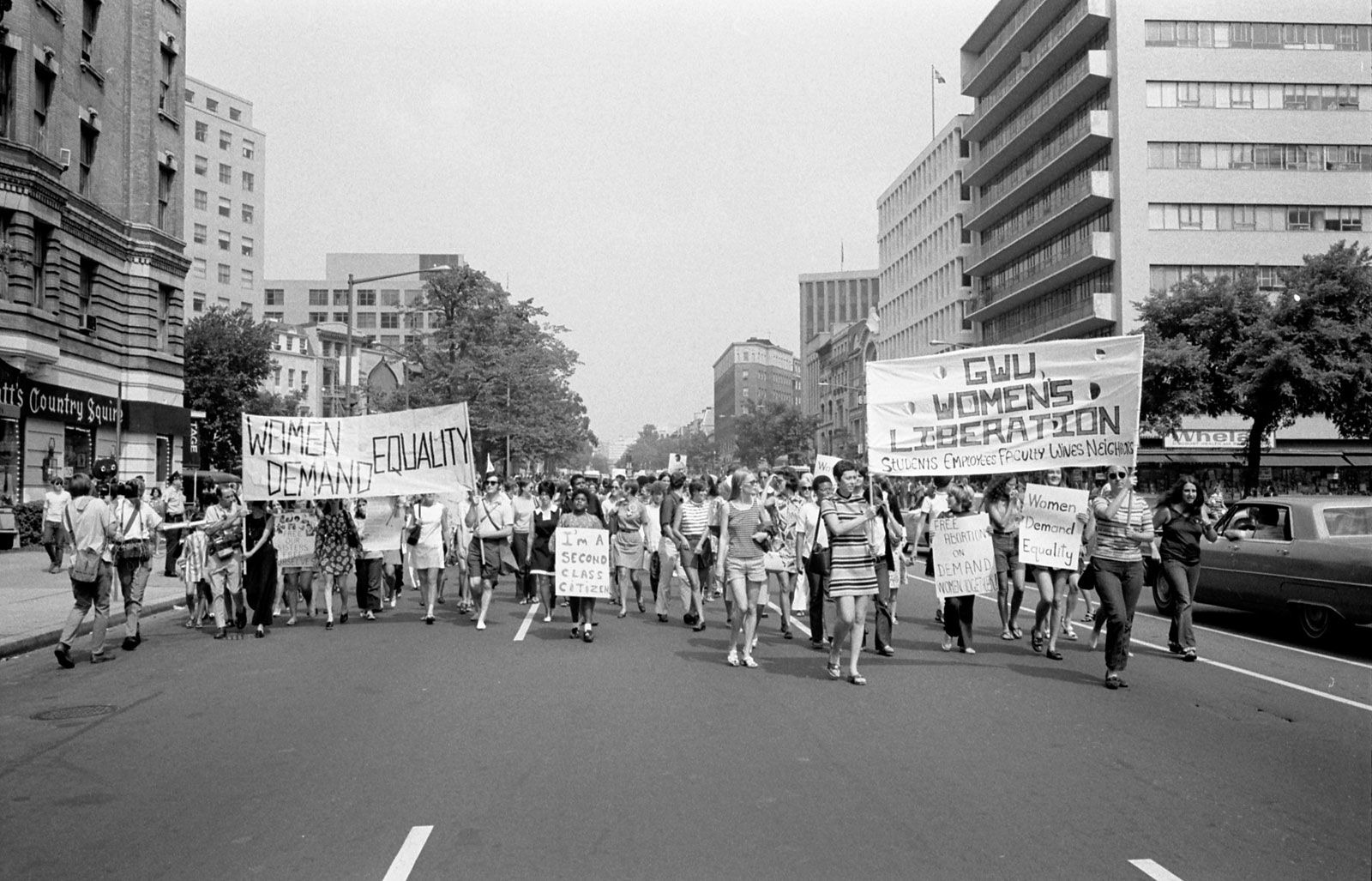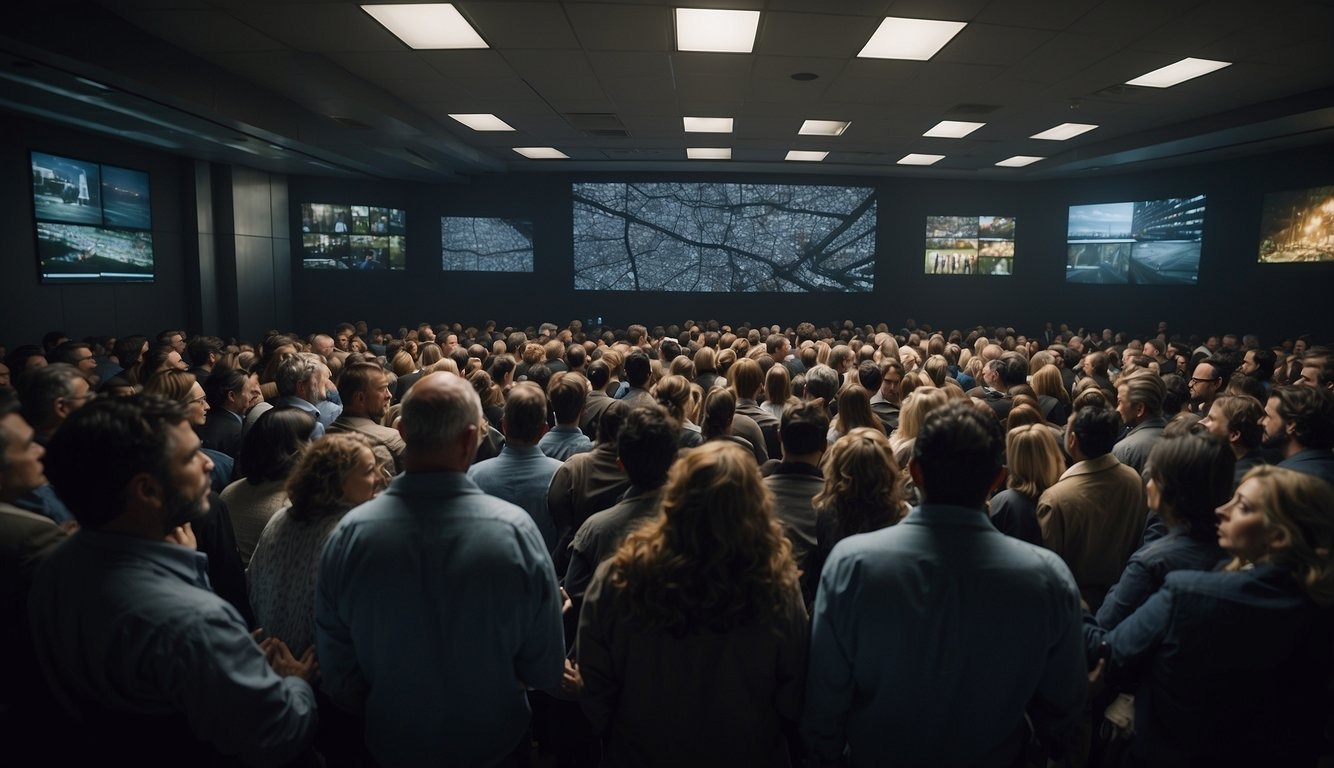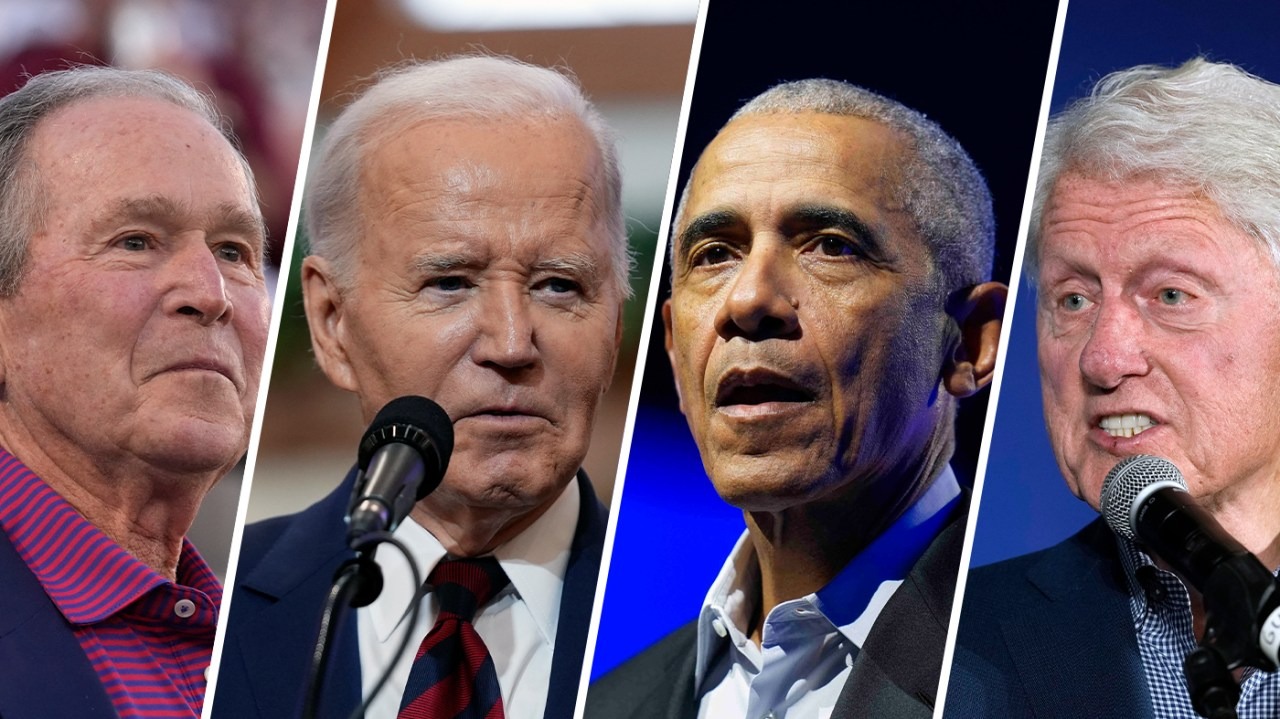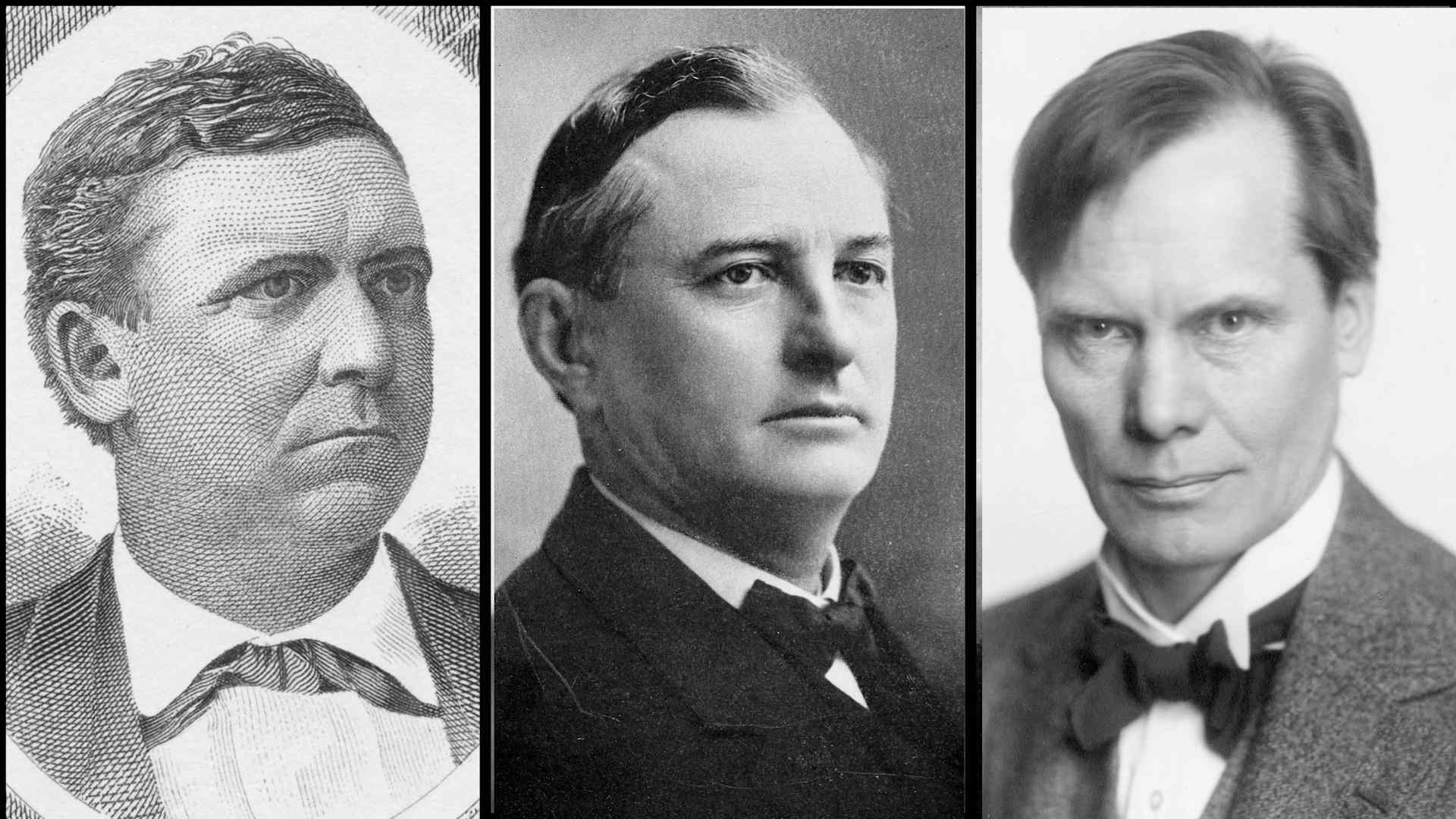Late Friday, Democratic veteran strategist James Carville shared his perspective on the upcoming presidential election, framing it as a contest between the “classy” and the “trashy” with less than three months remaining.
MSNBC’s Stephanie Ruhle highlighted a recent commitment from Vice President Harris to reduce “needless bureaucracy and unnecessary regulatory red tape” and to foster innovative technologies, noting that this promise came from Harris, not former President Trump.

When Ruhle questioned why Trump is still seen as the “pro-business candidate,” Carville pointed out that Trump benefited from a strong economy when he took office, whereas the Biden administration inherited a weakened one.
Carville also criticized the Trump campaign’s personal attacks against Harris and her running mate, Minnesota Gov. Tim Walz, especially their recent disputes over military service. He argued that the election boils down to a contrast between “classy” and “trashy,” asserting that the Democratic ticket represents the former, while the GOP ticket embodies the latter.
In response to these criticisms, Trump defended his approach during remarks from his New Jersey golf club, expressing frustration with Harris and dismissing her intelligence. He argued that his personal attacks are justified due to his disapproval of her impact on the country.
Carville lauded the Democrats for concentrating on issues that have shown improvement, such as reduced crime rates, lower border crossings, and a drop in inflation. He noted that problems are being addressed and expected further economic improvements, including a potential Federal Reserve rate cut.













Leave a Reply